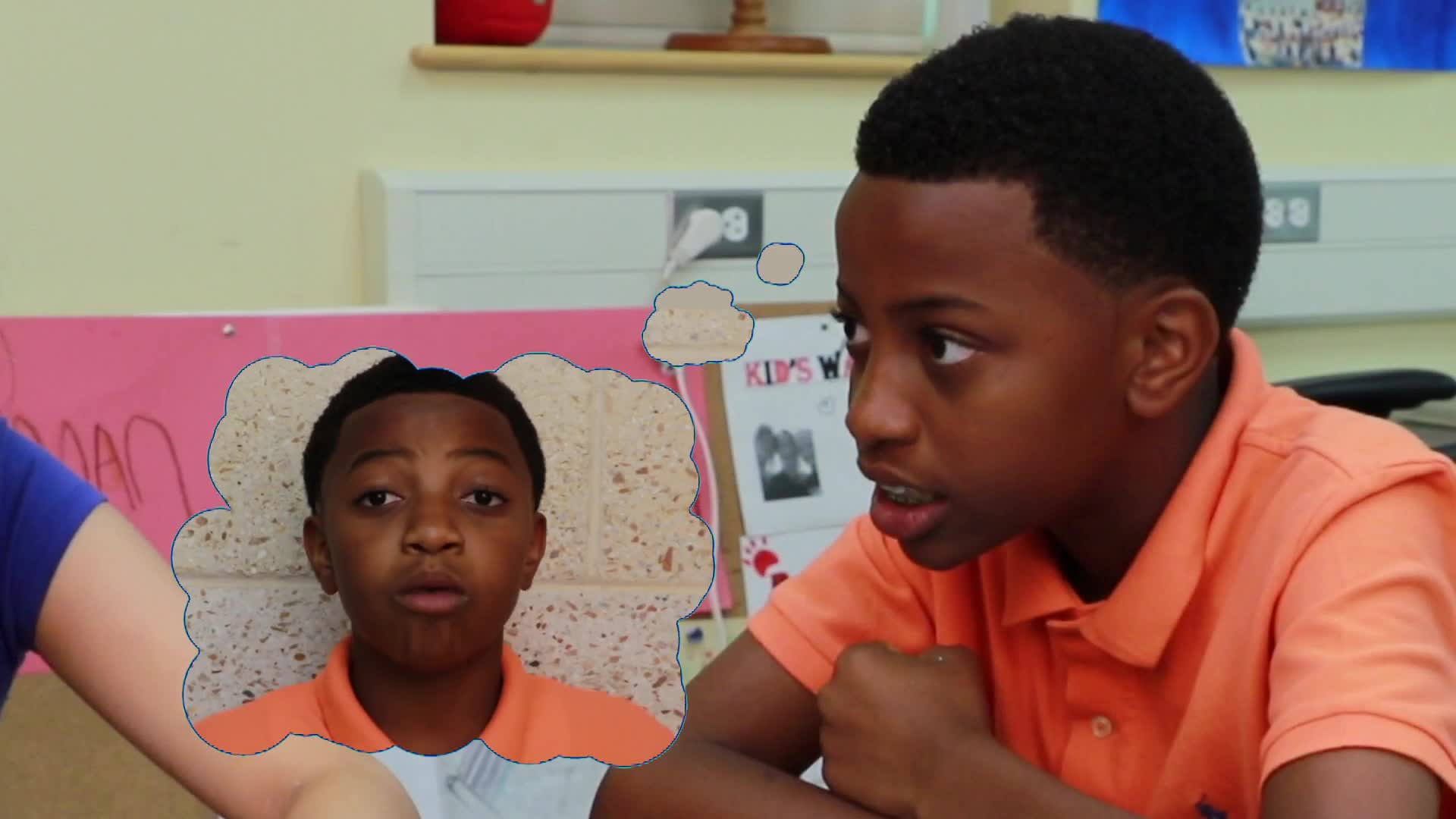Introduction
As educators, it is our responsibility to teach our students the importance of respecting others’ wishes and understanding that not everyone will always want to do the same things as us. When working with PreK students, one valuable skill to develop is the ability to accept ‘no’ for an answer. In this blog post, we will discuss an engaging no-prep activity, discussion questions, related skills, and next steps to help you cultivate this essential skill in your young learners.
No-Prep Activity
Introduce the concept of accepting ‘no’ for an answer with a simple role-playing activity. Divide the students into pairs and provide them with a scenario where one student wants to do something and the other student doesn’t want to participate. For example, one student might want to play with a toy, while the other student prefers to read a book.
Have the students take turns playing both roles, practicing how to ask politely and how to respond appropriately when their partner says ‘no’. Encourage the students to use kind words and respectful tones when expressing their desires and responding to their partner’s wishes. After the role-playing activity, gather the students together to discuss their experiences and share their insights.
Discussion Questions
- Why is it important to accept ‘no’ for an answer when someone doesn’t want to do the same thing as us?
- How did you feel when you were the one saying ‘no’? How did you feel when your partner accepted your decision?
- What are some ways we can show respect for others’ wishes and feelings when they say ‘no’ to us?
- Can you think of a time when you didn’t accept ‘no’ for an answer? How did that situation make you feel? How do you think it made the other person feel?
- How can we practice accepting ‘no’ for an answer in our daily lives at school and at home?
Related Skills
Besides accepting ‘no’ for an answer, there are other crucial social-emotional skills that PreK students should develop. These skills include:
- Empathy: Understanding and sharing the feelings of others.
- Active listening: Paying full attention to the speaker, showing interest, and providing feedback.
- Assertiveness: Expressing one’s own feelings, needs, and opinions in a respectful and confident manner.
- Conflict resolution: Addressing disagreements and finding solutions that are fair to all parties involved.
- Respecting boundaries: Recognizing and respecting personal and social boundaries set by others.
Next Steps
Now that you have learned about the importance of teaching PreK students to accept ‘no’ for an answer and have explored an engaging no-prep activity, discussion questions, and related skills, it’s time to put this knowledge into practice. To access free samples of materials that can help you teach this skill and many others, visit Everyday Speech’s sample materials.
By incorporating these principles of Social-Emotional Learning into your curriculum, you will empower your students to become respectful, empathetic, and responsible individuals who can navigate the complexities of social interactions with grace and understanding.






